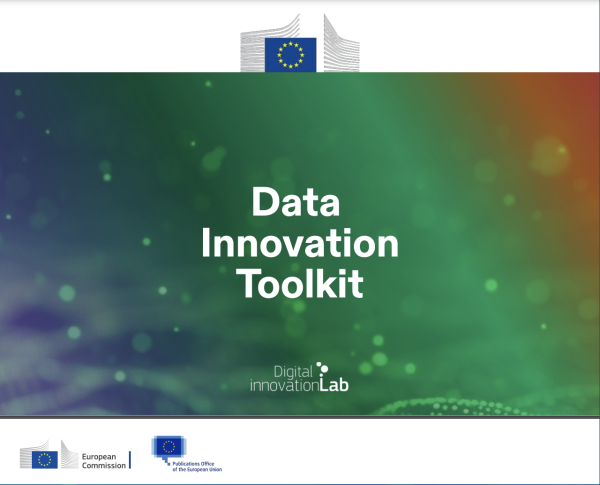Report by the Association for the Advancement of Artificial Intelligence: “As AI capabilities evolve rapidly, AI research is also undergoing a fast and significant transformation along many dimensions, including its topics, its methods, the research community, and the working environment. Topics such as AI reasoning and agentic AI have been studied for decades but now have an expanded scope in light of current AI capabilities and limitations. AI ethics and safety, AI for social good, and sustainable AI have become central themes in all major AI conferences. Moreover, research on AI algorithms and software systems is becoming increasingly tied to substantial amounts of dedicated AI hardware, notably GPUs, which leads to AI architecture co-creation, in a way that is more prominent now than over the last 3 decades. Related to this shift, more and more AI researchers work in corporate environments, where the necessary hardware and other resources are more easily available, compared to academia, questioning the roles of academic AI research, student retention, and faculty recruiting. The pervasive use of AI in our daily lives and its impact on people, society, and the environment makes AI a socio-technical field of study, thus highlighting the need for AI researchers to work with experts from other disciplines, such as psychologists, sociologists, philosophers, and economists. The growing focus on emergent AI behaviors rather than on designed and validated properties of AI systems renders principled empirical evaluation more important than ever. Hence the need arises for well-designed benchmarks, test methodologies, and sound processes to infer conclusions from the results of computational experiments. The exponentially increasing quantity of AI research publications and the speed of AI innovation are testing the resilience of the peer-review system, with the immediate release of papers without peer-review evaluation having become widely accepted across many areas of AI research. Legacy and social media increasingly cover AI research advancements, often with contradictory statements that confuse the readers and blur the line between reality and perception of AI capabilities. All this is happening in a geo-political environment, in which companies and countries compete fiercely and globally to lead the AI race. This rivalry may impact access to research results and infrastructure as well as global governance efforts, underscoring the need for international cooperation in AI research and innovation.
In this overwhelming multi-dimensional and very dynamic scenario, it is important to be able to clearly identify the trajectory of AI research in a structured way. Such an effort can define the current trends and the research challenges still ahead of us to make AI more capable and reliable, so we can safely use it in mundane but also, most importantly, in high-stake scenarios.
This study aims to do this by including 17 topics related to AI research, covering most of the transformations mentioned above. Each chapter of the study is devoted to one of these topics, sketching its history, current trends and open challenges…(More)”.

